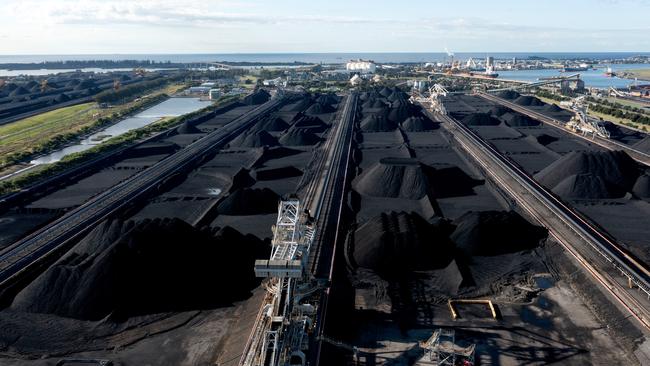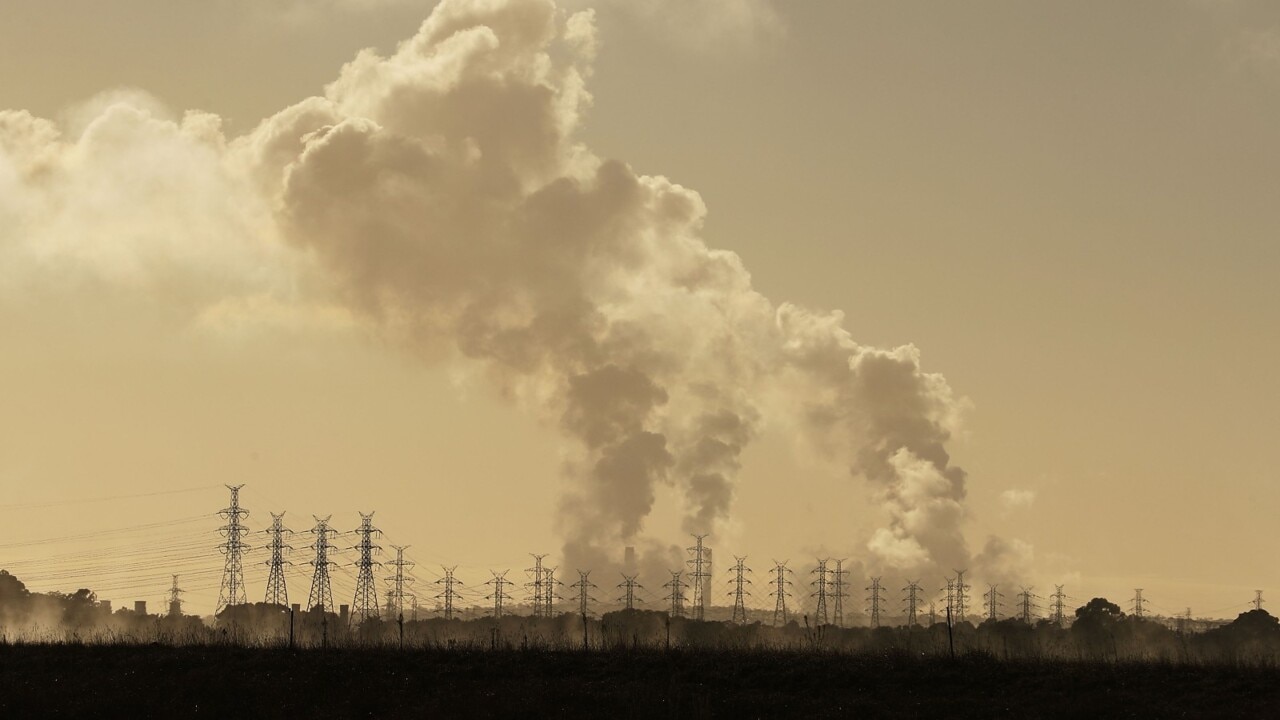Chinese freeze begins to thaw on coal
China’s state-owned companies have begun reaching out to Australian coal exporters to revive trade within months.

China’s state-owned companies have begun reaching out to Australian coal exporters to revive trade within months, as Beijing moves to end its two-year ban amid worries about winter energy shortages and mounting costs on China’s steel industry.
Trade Minister Don Farrell did not comment on the unravelling of China’s coal black-listing – the centrepiece of a $20bn economic coercion campaign against Canberra – which was conveyed to Chinese industry at a private meeting in Beijing and has not been made official.
But industry sources told The Australian that traders had been approached by a small number of Chinese state-owned enterprises in recent weeks, inquiring about the availability and price of cargoes of Australian coal.
Chinese Premier Li Keqiang on Wednesday said “stronger efforts should be made to ensure safe and stable energy supply”, a further sign that President Xi Jinping had greenlit the backflip.
“As the momentum of economic recovery and stable growth continues, energy demand is on the rise,” Mr Li said in comments released after a meeting of the country’s State Council.
China’s National Development and Reform Commission told three central government-backed energy companies and the country’s biggest steelmaker, Baowu, on Tuesday that they would be allowed to resume Australian coal imports, according to separate reports by Bloomberg and Reuters.
The unwinding of the ban – which comes amid reports of power failures in Heilongjiang, in China’s freezing northeast – would be the first backdown in Beijing’s trade coercion campaign against Australia, which spanned coal, timber, lobster, cotton, beef, barley and wine. Most of Beijing’s black-listing was never official.
The Department of Foreign Affairs and Trade said it was aware of reports about lifting of the ban, but indicated it had not received confirmation by Chinese officials.
“It has been the Australian government’s consistent view that the resumption of normal trade across the board between Australia and China would be in both countries’ best interests. That is true also of coal,” a DFAT spokeswoman said. “Meanwhile, the Australian coal industry has been highly successful in finding alternative markets.”

A spokesman for the Minerals Council of Australia said it would be monitoring “over the next week or two” for confirmation of orders.
“We are cautiously optimistic,” the spokesman said.
The Albanese government was disappointed six months ago after reports that China would unwind the coal ban failed to materialise.
China’s steel and energy industries have lobbied Beijing to unwind the unofficial coal embargo ever since it was imposed in 2020. Australia had been China’s biggest source of coking coal imports until the ban. That lobbying effort has intensified in recent weeks, with some Chinese firms even advocating for the change in comments to the Shanghai Stock Exchange.
“The import of Australian coal will play a positive role in the company’s coal procurement and structural adjustment,” a Baowu spokesman said mid-December.
“The lifting of the ban on coking coal will help increase coal supply and is expected to reduce the cost of coal procurement,” a spokesman for Shandong Iron and Steel said in early December.
The lifting of the ban will have less impact on Australian thermal coal producers. China increasingly turned to discounted coal from Russia in 2022, as other buyers shunned its industry in the wake of Vladimir Putin’s invasion of Ukraine, although it has suffered from shortages in winter peaks.
Australian premium quality coking coal has been much more difficult to replace and has seen Chinese buyers paying steep prices for the steelmaking commodity.
Mining majors including BHP, which has lucrative trade with Chinese buyers in other commodities such iron ore, are expected to be more willing to return to contracts with Chinese coal buyers. But industry sources said smaller Australian producers would be more cautious.
Additional reporting: Ben Packham



To join the conversation, please log in. Don't have an account? Register
Join the conversation, you are commenting as Logout